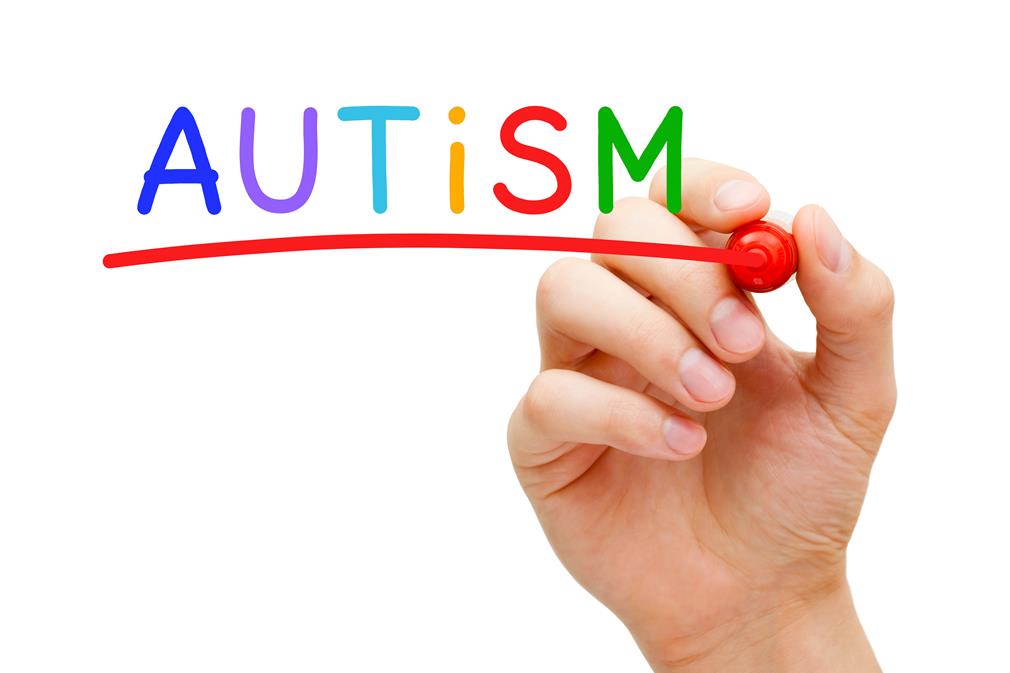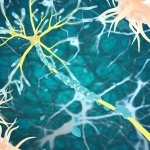
Autism is a developmental condition which affects around 500,000 people in the UK, it affects the way that people communicate and the way they understand the world around them. Autism is a spectrum disorder, this means that many people will share many of the same issues and difficulties because of autism but overall, autism will affect them all differently. Because of the spectrum nature of autism, it can be difficult for others to understand. For example one person with autism may appear to lead a “normal” life with qualifications and steady job while another may need lifelong support but both have the same condition, just variations of it.
There is no cure or medical treatment for autism; however, there are a range of therapies to help autistic people. Such therapies are often called interventions and can include teaching autistic people makaton to help them communicate more effectively. Interventions are designed to focus on a specific area which could be improved with development such as cognitive skills, communication skills, academic skills and even social interaction skills.
 While autistic people may not be on any medication to directly treat their autism, they may be on medication to treat conditions associated with it. These illnesses can include depression, epilepsy, ADHD and sleep disorders.
While autistic people may not be on any medication to directly treat their autism, they may be on medication to treat conditions associated with it. These illnesses can include depression, epilepsy, ADHD and sleep disorders.
The cause of autism is still unknown but researchers believe that defective connections in the brain may be at fault. In some children with autism, the development and operation on the nervous system may have been affected by a dysfunctional immune system. Studies have shown that anti-inflammatories and steroids have some promise in helping to relieve the symptoms of autism.[1]
[1] http://www.cordblood.com/stem-cell-research/cord-blood-research/autism
[2] http://www.clinicaltrials.gov/ct2/show/NCT01638819?term=cord+blood+autism&rank=1







